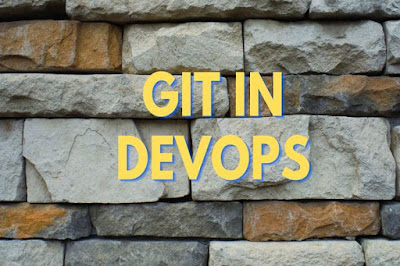Why you need Git? Here's well explained with differences among Git, GitFlow and GitHub.
Git is a tool
It is created by
Linus Torvalds, the creator of the Linux system. The tool was created to help Linux developers control the development flow among many developers around the world. It helps to solve conflicts, track the modifications, or even revert the configurations that were working before and stopped working in a new version.
The installation process is the same as we did for all Windows applications; it is just Next, Next, and Finish.
After the installation, you will find a new program called Git Bash, which allows you to create your local repos and use the Git commands to create versions of your application.
GitFlow
Now, when we start working on a project, we have the code files that are already in production, and we cannot work in the main branch, because of the CI/CD pipelines. We need to generate a new version of our software with the complete code.
Let's commit the first version of the code, which will be shared among all the developers working on the same project: PS
C:\Users\1511 MXTI\Chapter09> git add --all PS C:\Users\1511 MXTI\Chapter09> git commit -m "uploading the scaffold of the project" [master (root-commit) f6284bf] uploading the scaffold of the project 1 file changed, 3 insertions(+) create mode 100644 code.txt
If we run the git status again, nothing is untraced or pending to commit: PS C:\Users\1511 MXTI\Chapter09> git status On branch master nothing to commit, working tree clean
To check the branches you have, run the following command: PS C:\Users\1511 MXTI\Chapter09> git branch * master.
GitHub
The commands ran in the local machine and in a local environment. It was just the basic steps, but I am pretty sure that with these commands you will be able to do 80% of your work every day. If you cannot, there are many tools to help you with the Git commands, like git Kraken, or you can even use plugins for Visual Studio Code.We need to have in mind that as bigger as your team is, you will have more conflicts and more changes happening at the same time.
To share our code, we can use many tools, like GitLab, GitHub, Bitbucket. There are dozens of services to help you with it. Let's use GitHub because it is the most famous. But, for some of my personal projects, I use Bitbucket, because we can have unlimited private repos.



.jpg)

Comments
Post a Comment
Thanks for your message. We will get back you.